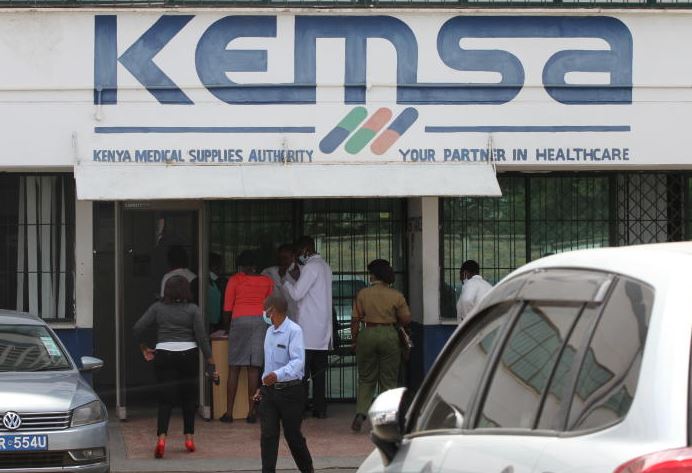×
The Standard e-Paper
Stay Informed, Even Offline

A company that deals in cereals supplied medical equipment worth Sh167 million to Kenya Medical Supplies Authority (Kemsa).
Appearing before the Senate Health committee yesterday, senior managers of Briema Grains Stores Ltd were hard-pressed to explain the firm’s engagement with Kemsa, having not had prior pre-qualification of tenders before the Covid-19 pandemic.